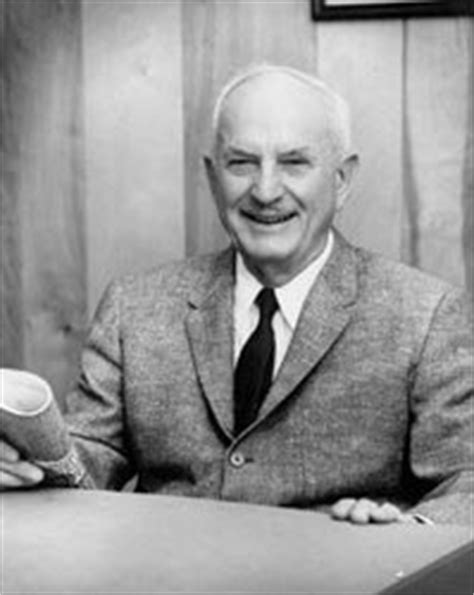A Quote by Jean-Paul Sartre
All the same, they [books] do serve some purpose. Culture doesn't save anything or anyone, it doesn't justify. But it's a product of man: he projects himself into it, he recognizes himself in it; that critical mirror alone offers him his image.
Related Quotes
The man who works recognizes his own product in the world that has actually been transformed by his work. He recognizes himself in it, he sees his own human reality in it he discovers and reveals to others the objective reality of his humanity of the originally abstract and purely subjective idea he has of himself
When you come to knowing God, the initiative lies on His side. If He does not show Himself, nothing you can do will enable you to find Him. And, in fact, He shows much more of Himself to some people than to others—not because He has favourites, but because it is impossible for Him to show Himself to a man whose whole mind and character are in the wrong condition. Just as sunlight, though it has no favourites, cannot be reflected in a dusty mirror as clearly as in a clean one.
Man is a fallen star till he is right with heaven: he is out of order with himself and all around him till he occupies his true place in relation to God. When he serves God, he has reached that point where he doth serve himself best, and enjoys himself most. It is man's honour, it is man's joy, it is man's heaven, to live unto God.
A man who lies to himself, and believes his own lies becomes unable to recognize truth, either in himself or in anyone else, and he ends up losing respect for himself and for others. When he has no respect for anyone, he can no longer love, and, in order to divert himself, having no love in him, he yields to his impulses, indulges in the lowest forms of pleasure, and behaves in the end like an animal. And it all comes from lying - lying to others and to yourself.
His heart is a desert island.... The whole scope, the whole energy of his mind surround and protect him; his depths isolate him and guard him against the truth. He flatters himself that he is entirely alone there.... Patience, dear lady. Perhaps, one day, he will discover some footprint on the sand.... What holy and happy terror, what salutary fright, once he recognizes in that pure sign of grace that his island is mysteriously inhabited!
Man stands alone in the universe, a unique product of a long, unconscious, impersonal, material process with unique understanding and potentialities. These he owes to no one but himself, and it is to himself that he is responsible. He is not the creature of uncontrollable and undeterminable forces, but is his own master. He can and must decide and manage his own destiny.
How does one chip off the marble that doesn't belong? ... That comes about through five things: humility, reverence, inspiration, deep purpose, and joy. No great man has ever wise-cracked his way to greatness. Until one learns to lose one's self he cannot find himself. No one can multiply himself by himself. He must first divide himself and give himself to the service of all, thus placing himself within all others through acts of thoughtfulness and service.
Man—every man—is an end in himself, not a means to the ends of others; he must live for his own sake, neither sacrificing himself to others nor sacrificing others to himself; he must work for his rational self-interest, with the achievement of his own happiness as the highest moral purpose of his life.
But the man who is not afraid to admit everything that he sees to be wrong with himself, and yet recognizes that he may be the object of God's love precisely because of his shortcomings, can begin to be sincere. His sincerity is based on confidence, not in his own illusions about himself, but in the endless, unfailing mercy of God.






































